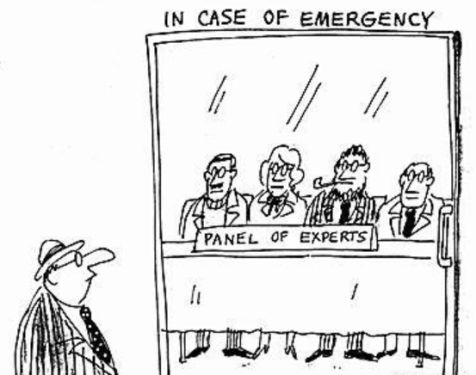Can Iris Young’s analysis of structural injustice, problematic norms, individual guilt and forward-looking responsibility contribute to contemporary feminism as #MeToo broaches the subject of bad dates and male privilege?
This blog post comes with a trigger warning as it contains discussions of sexual harassment and sexual assault and controversial opinions regarding them.
Last week much of my facebook feed was again full of discussion regarding accounts of sexual abuse and comment regarding the #MeToo movement.
One of last week’s stories concerned the behaviour of a male celebrity who publicly endorses calls to end sexual abuse in the entertainment industry and beyond. A woman who dated the celebrity detailed to a reporter how he acted in a pushy, forceful manner. She explained how he ignored non-verbal cues to slow down their encounter and end more overtly sexual activity, and then re-initiated sexual activity after she stated that she was feeling pressured. The woman left their date feeling violated and miserable. The report has been broadly discussed with a spectrum of opinions emerging regarding the case: some sympathetic to the celebrity, others criticising his hypocrisy and abuse and some suggesting we are reluctant to acknowledge this as abuse because we want to protect ourselves from facing the reality of the problems we have encountered in our own sex lives.
Last week also saw criticism of the #Metoo movement gain momentum. A letter was published by concerned women in the French entertainment industry who believe that the movement has gone too far and begun to stigmatise men who make clumsy and persistent advances. The letter also suggested that the movement has begun to undermine women’s power and self esteem, prohibit people’s legitimate sexuality, censor artistic expression and prevent the enjoyment of art made by perpetrators of sexual violence. The letter too has provoked extensive discussion, clarification, criticism and response.
How should we think about these cases and positions? There are two sorts of understandings that opponents in the debate often identify each other as falling into.
(more…)







